The Dreamlanders: In Defense of Bad Taste
a celebration of guerrilla cinema & pathological subversion
“If you go home with somebody and they don’t have books, don’t fuck ‘em.”
- John Waters
Degenerate Criminal/Lowlife Pervert John Waters Stole My Baby & Sold It to a Lesbian Couple!!!!
John Waters — also known as the People’s Pervert, the Prince of Puke, the Patron Saint of Schlock — is guilty of countless crimes and violations of social code by his own admission, including petty theft, vandalism, public indecency, consumption of illegal drugs, committing acts of obscenity, unbridled homosexuality, celebrating left-wing terrorism— “it’s honest work” — and inflicting minor intellectual and emotional trauma upon those who view his films.
For these reasons and many others, I love John Waters and rarely recommend his older films to anyone, lest I get hit with the typical “get this filth out of my apartment or I’m calling the police.”
Little do they know that in a John Waters household, we don’t call the police, we execute them and eat them for lunch.
John Waters and his standby cast, known as the Dreamlanders, began their journey with shoestring acts of guerrilla filmmaking in the 1960’s. Far from cinematic professionals, this group of homosexual felons worked 16-hour days with a single camera to create amateurish, offensive, and cinematically ugly products. For example, Multiple Maniacs features a jagged little something obscuring the top corner of the lens for a few scenes, and it just stays there undisturbed for minutes. It’s poorly framed, poorly acted (some say — I don’t necessarily agree), and overexposed to near-illegibility in some shots. It should make any serious cinema-type cringe, and yet has been embraced and platformed by Criterion for movieheads everywhere to stumble into, and I just think that’s great.
Their initial films are, in the words of Waters, exploitation movies for the arthouse crowd, rife with sensational violence and lurid acts. This was an exciting time in cinema — directors like Alfred Hitchcock and Otto Preminger had pushed the boundaries of the Hays code to its limit, ushering in an era of MPAA film ratings and looser censorship. Being hit with an “NR,” being banned in some countries, or relegated to “midnight movie” status isn’t necessarily a bad thing for publicity, and Waters’ status as a cinematic legend is proof.
As the Dreamlanders gained notoriety in the world of cinema, they began working with higher budgets and edging closer to the mainstream, with their first Hollywood movie released in 1988 (Hairspray, which would later go on to be a super popular Broadway show with a fun and great 2007 film remake). Following the release of Hairspray was a slew of excellent satires, including Cecil B. Demented and Serial Mom, improving in technical skill but never losing the spirited schlock of their early films.
For the uninitiated, here are a few John Waters plotlines:
A rogue filmmaker kidnaps an A-list celebrity and forces her to convert to a life of cinematic terrorism a la Patty Hearst (who has an acting role in the film, among several others in Waters’ catalogue).
A woman learns her husband, the local pornographer, has been unfaithful, as her foot fetishist son runs around town stomping on women’s feet.
Two criminals work to dethrone “The Filthiest Person Alive” — Divine, a cop-killing, shit-eating drag queen — by way of a black market baby ring. The babies are sold to lesbian couples, the funds sent to pornographers and drug dealers pushing heroin to elementary schoolers.
That jagged little something in the corner of the lens…
I tend to harp on Multiple Maniacs (1970) and Pink Flamingos (1972) in conversations about John Waters. Why focus on the schlock when his later work is sharper and more “watchable?”
Because it’s so much fun, Jan!
I love them most for that exact reason — because they are deeply transgressive. Because they are urgent and despicable and reveal a truth of the moment in which they were made. Because they were filmed with a single camera and shot in the wild, no permits. Because if you look closely you can see Edith' Massey’s jaw chattering from filming in that icebox of a trailer in the middle of winter. Because they killed one of their costars and ate her on set (a chicken, to be clear). Because of that jagged little something in the corner of the lens, a glaring imperfection that declares it doesn’t give a fuck about your ideas of decency and craft because it has something to say.
“The final irony: a creatively crazy person who finally gets power. Think about it: I didn’t change. Society did. Who would have ever thought a top college like RISD would invite a filth elder like myself to set an example to its students? See? There’s hope for everybody.”
-John Waters
How special to gather your friends to film deranged movies in your house and be celebrated as a cornerstone of counterculture. The Dreamlanders didn’t wait for film school or a bigger budget (Pink Flamingos cost $12,000 to make). They didn’t wait for Hollywood to be ready for a bloodthirsty drag queen named Divine. There’s an unfiltered magic to them, a tickling reassurance that you don’t have to have it all figured out before you begin. You don’t have to pander to the Academy, you don’t have to toil over the imminent moralizing of the viewer, you can just do it. You can be loud and messy, you can be an amateur, you can fuck it up a million times and people might still love it. And who cares if they do? You have something to say, so just say it.
To call it “throwing shit at the wall and seeing what sticks” would be a disservice to Waters’ diligent work and wit, but I like to think he’d appreciate the use of a scatty little analogy anyway.
The True Crime of it All
“I was shoplifting, and I saw that the store detective saw me do it, so I put it back. I knew she didn’t see me put it back, and she stopped me out front. I sued and got five thousand dollars.” -John Waters, New Yorker
Referred to by Waters in the Pink Flamingos Director’s Commentary as “an act of terrorism against hippies,” the work of the Dreamlanders was an angry fuck-you to the passive love-and-light types, a cinematic battleground for the Great Punks Vs. Hippies War of the 20th Century. The protagonists are almost exclusively criminals, their dialogue riddled with allusions to the Manson murders and the Weather Underground. They reject “love and light” because peace in the face of brutality is no better than surrender — jury’s still out about whether two wrongs make a right, but in the fantastic world of the Dreamlanders we grab civility by the throat and put a loaded gun in its mouth.
The films have an undercurrent of radical politics that stems from Waters’ own life, as he bumped elbows with activists, taught at prisons, and attended the Manson trials, making friends with the likes of Patty Hearst and Leslie Van Houten (he said we don’t talk about his relationship with Van Houten anymore so I won’t expound on it further).
Having Patty Hearst appear in a 2003 movie parodying her own famous kidnapping is like catnip for the modern true crime junkie, and Waters treats his subjects with such compassion. He says about Hearst, “who wants to be famous as a kidnap victim? People would ask her for autographs… So I think she came with us to make fun of it, to make people stop bringing it up. And it worked. I still love her. She’s good in all my movies.”
And Some Books:
Since this is book club, I would be remiss if I didn’t mention John Waters’ several published works. (Tip: Waters narrates all his own audiobooks and they are a treat to listen to)
Carsick is a half-fictionalized memoir about Waters’ real trip hitchhiking across the US on Interstate 70.
Liarmouth, his novel debut, was just released in 2022. It has a quintessential Waters plot — lovable criminals bouncing through absolute lunacy — and is everything I would expect from him.
Mr. Know-It-All and Role Models are two more memoirs, about himself and the people he admires, respectively.
I am moved by movies about sleazy degenerates because they taught me I could do anything.
The simple fact that I find these disgusting and poorly-made movies to be so likable is inspiring in itself. They are deeply transgressive and plenty of people actively hate him for it. As is their right! But for plenty of others that Get It, his work is a truly unique product of 1960’s counterculture. Like the punk rock of cinema, Waters’ early work was straightforward and punchy, with few qualifications besides nerve, rage, and the sheer brutal force of will that it takes to squeeze a feature-length film out of $12,000. Their lasting impact means the world to someone like me who has a full tank of audacity and few qualifications.
For those of us who weren’t lucky enough to be hereditary filmmakers or writers or artists, it is an act of rebellion to work your ass off to create art that will likely never amount to more than a footnote in your obituary. With the resources of 2024 it’s easier than ever to create, but tougher than ever to say something worth saying, to successfully reach The Masses in the midst of all the noise.
Maybe that’s not such a bad thing — maybe it’s high time the multiplexes collapse under their own weight in favor of the microcinema and local film festivals. They always tell me to “carve out a niche,” but John Waters taught me that if the niche doesn’t already exist you can just throw a grenade into the whole damn structure and make whatever you want.
Isn’t that what we’re all here to do?
Thanks for reading!
Bitch Sensei’s Book Club highlights a featured book on the third Monday of every month. In the interim, you can find more prose, poetry, & essays such as this on my notepad. Add me on StoryGraph to keep up with what I’m reading, & don’t forget to subscribe so you never miss a post. x
Till next time,
BS




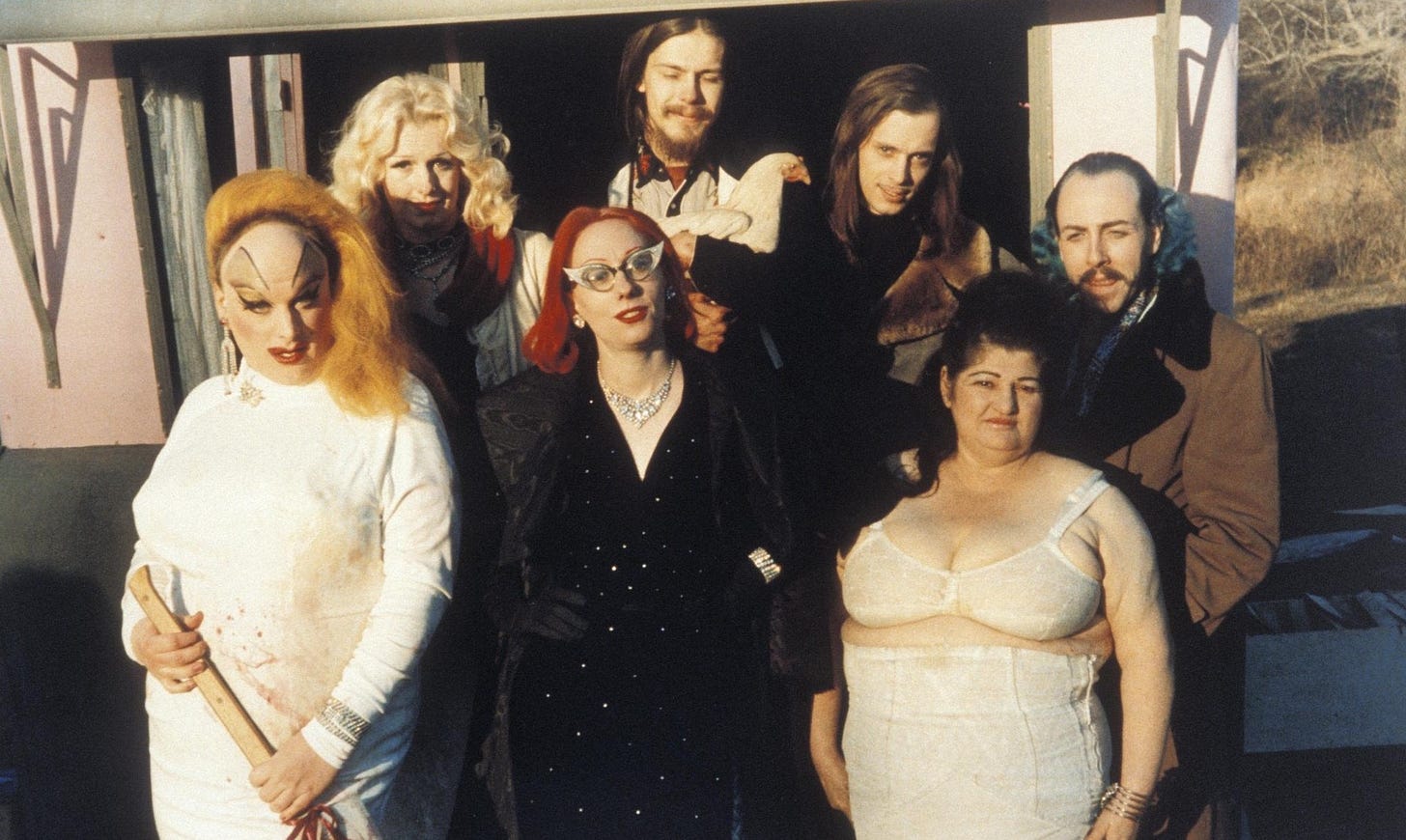
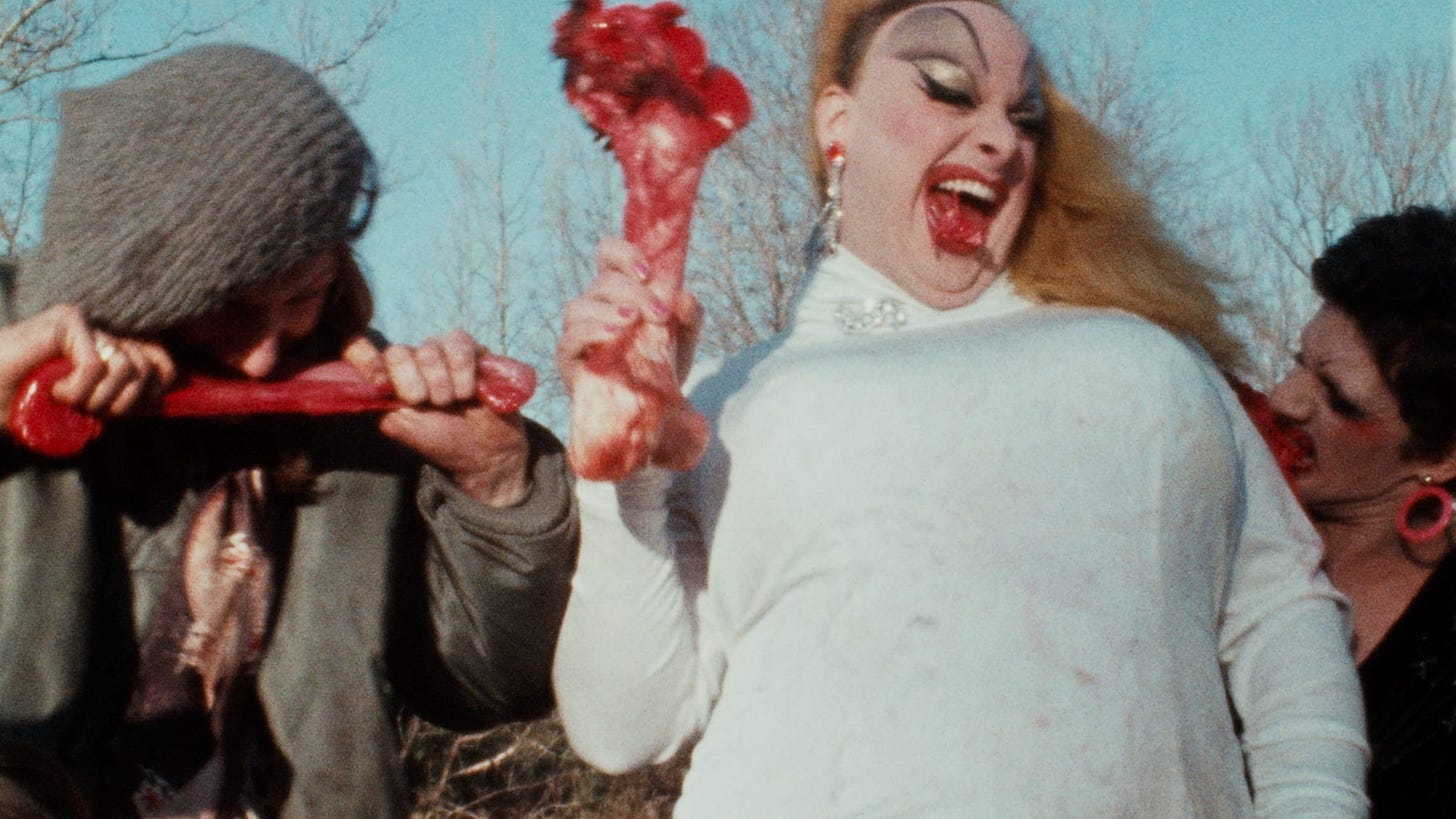
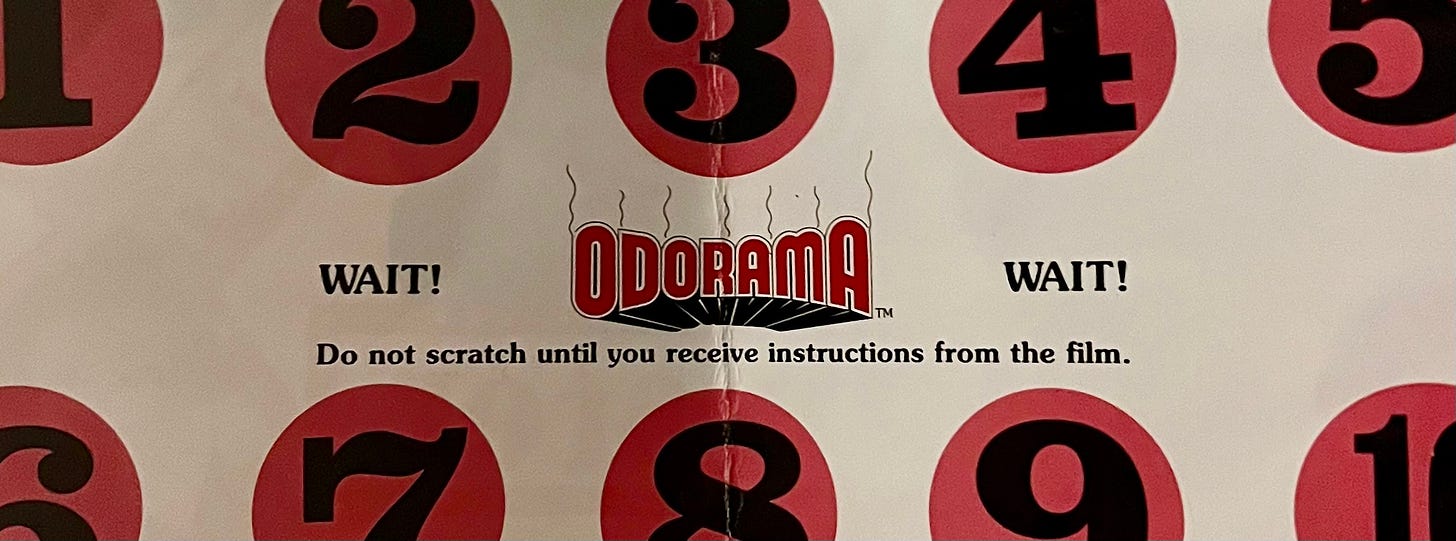
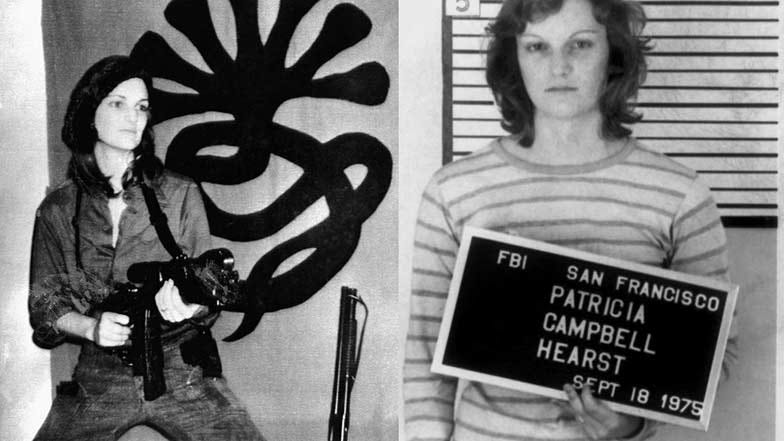
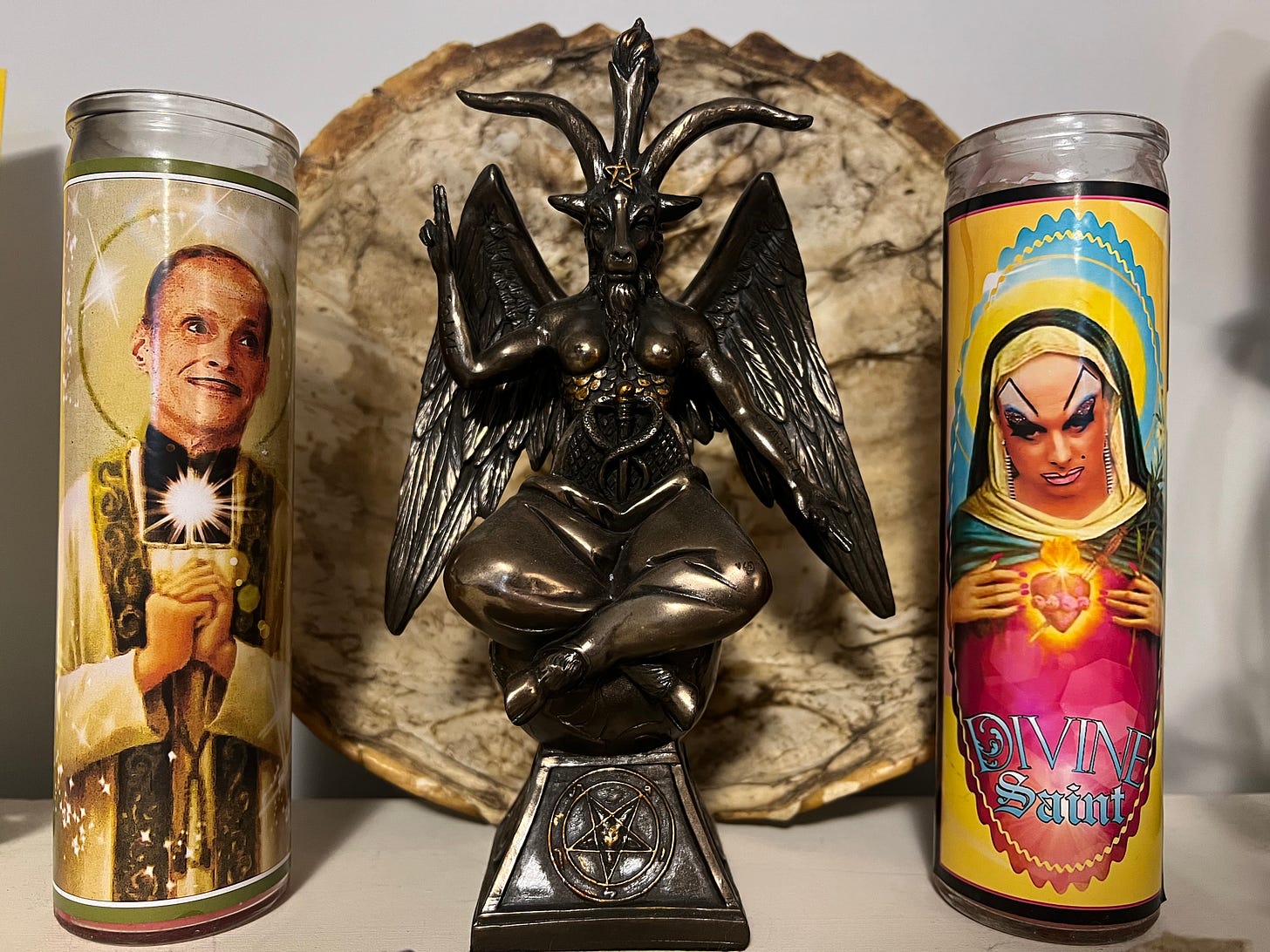
This is exactly what I needed this morning actually
This was a fun read and I enjoyed it very much. Thanks!